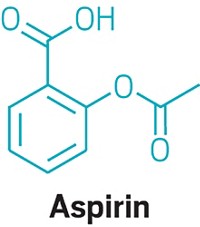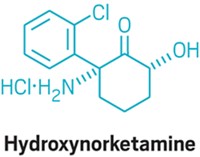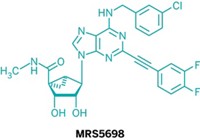Advertisement
Grab your lab coat. Let's get started
Welcome!
Welcome!
Create an account below to get 6 C&EN articles per month, receive newsletters and more - all free.
It seems this is your first time logging in online. Please enter the following information to continue.
As an ACS member you automatically get access to this site. All we need is few more details to create your reading experience.
Not you? Sign in with a different account.
Not you? Sign in with a different account.
ERROR 1
ERROR 1
ERROR 2
ERROR 2
ERROR 2
ERROR 2
ERROR 2
Password and Confirm password must match.
If you have an ACS member number, please enter it here so we can link this account to your membership. (optional)
ERROR 2
ACS values your privacy. By submitting your information, you are gaining access to C&EN and subscribing to our weekly newsletter. We use the information you provide to make your reading experience better, and we will never sell your data to third party members.
Environment
Refining treatment for bipolar disorder
June 18, 2007
| A version of this story appeared in
Volume 85, Issue 25
An experimental therapy for mania associated with bipolar disorder could improve treatment for the disease while also illuminating the mechanism of action of conventional lithium treatment. Though it's effective, lithium's toxicity and lack of selectivity cause unpleasant side effects that reduce patient usage. Alan P. Kozikowski of the University of Illinois, Chicago; Paul McGonigle of PsychoGenics, a drug discovery firm in Tarrytown, N.Y.; and colleagues used structure-based design to develop small-molecule substitutes for lithium (J. Am. Chem. Soc., DOI: 10.1021/ja068969w). The compounds selectively deactivate the enzyme glycogen synthase kinase-3β (GSK-3β), thought to be one of lithium's multiple targets. The researchers say their new compounds are the first selective GSK-3β inhibitors capable of crossing the blood-brain barrier. This property enabled the team to assess the therapeutic potential of targeting GSK-3β for mania. In fact, the researchers found that their best drug lead controls mania in a mouse model of the disorder.





Join the conversation
Contact the reporter
Submit a Letter to the Editor for publication
Engage with us on Twitter